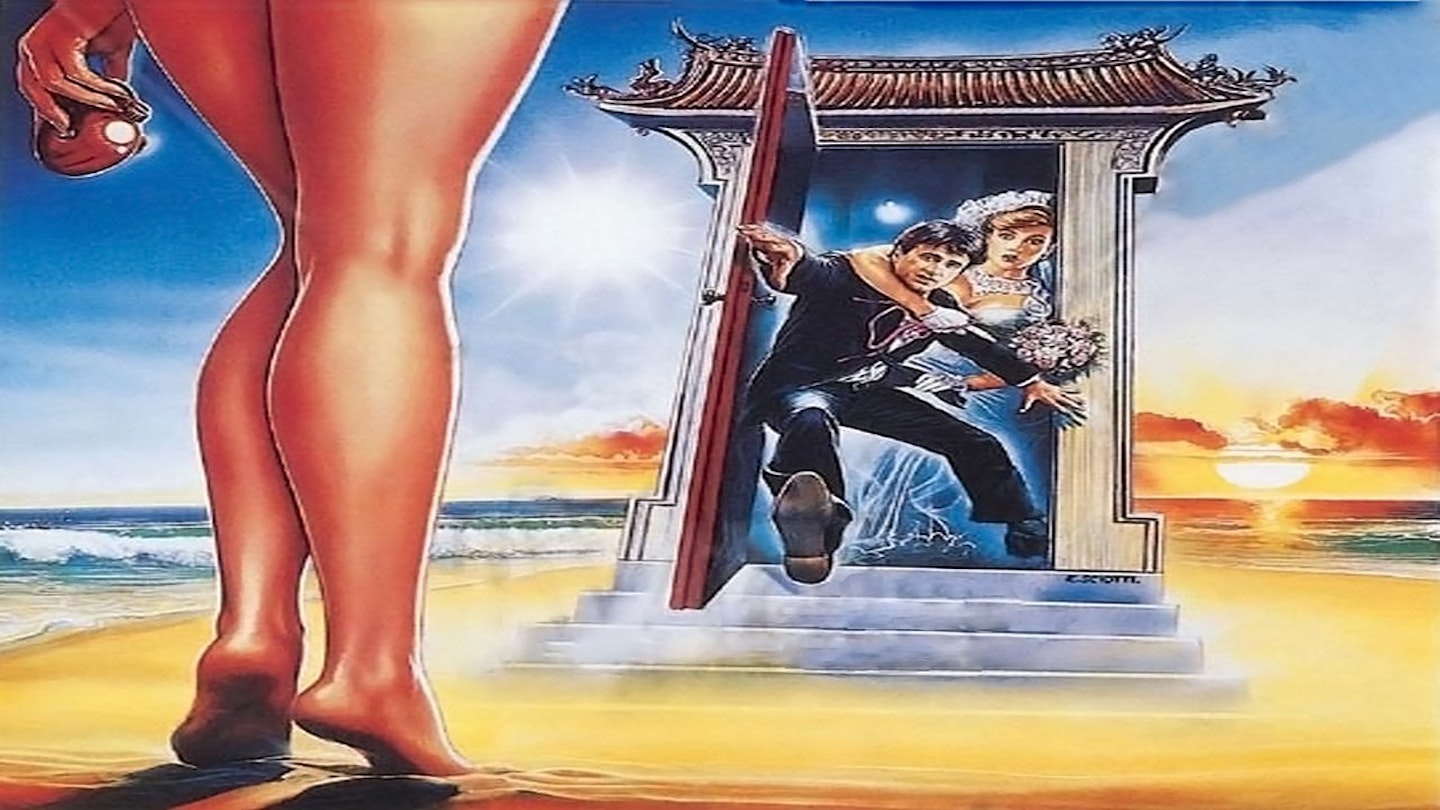The most sophisticated comedy ever produced in Hollywood was loosely adapted from Laszlo Aladar's play The Honest Finder, which was itself based on the exploits of the notorious Hungarian swindler, Georges Manolescu, whose colourful career had already twice been filmed, most notably by the Russian actor Ivan Mosjoukine in 1929.
Ernst Lubitsch had a habit of taking unprepossessing stage properties and turning them into cinematic gold. But the imposition of the Production Code in 1934 ensured that he never surpassed the delicious indelicacy of this scintillating study of sexual intrigue and shameless duplicity.
Rejecting titles like The Golden Widow, Thieves and Lovers and A Very Private Scandal and Paramount's offer of such talents as Cary Grant, Lubitsch deliberately cast Herbert Marshall opposite Kay Francis and Miriam Hopkins, as he knew they had both previously been his lovers and the scorned frisson is simmeringly evident on the screen. But it's the famed Lubitsch Touch that makes this such a timeless delight.
The opening sequence mercilessly subverts the postcard image of Venice as a city of refined beauty by showing the aria `O Solo Mio' being sung not by a gondolier but a garbage collector. But this is much more than an impish gag, as it efficiently establishes the theme of corruption and opulence that dictates Gaston's relationships with both Lily and Mariette. Similarly, the dinner sequence, in which Gaston and Lily pose as aristocrats only to spend the entire meal stealing each other's watches, wallets and jewellery, persuades us to empathise with these thoroughly reprehensible characters (something which her vague acknowledgement of the city's poor does for the otherwise hideously decadent Mariette).
The sublime opera parody and Marshall's respective shirt-sleeved and silhouetted seductions of Hopkins and Francis are equally assured. But there isn't a false step here, with Hans Dreier's Art Deco sets being as exquisite as Samuel Raphaelson's screenplay and the ensemble playing being as finely tuned as the dialogue, which often has the musicality of a recitative.
Lubitsch later wrote, `As for style, I have done nothing better or as good as Trouble in Paradise'. And he was right.
